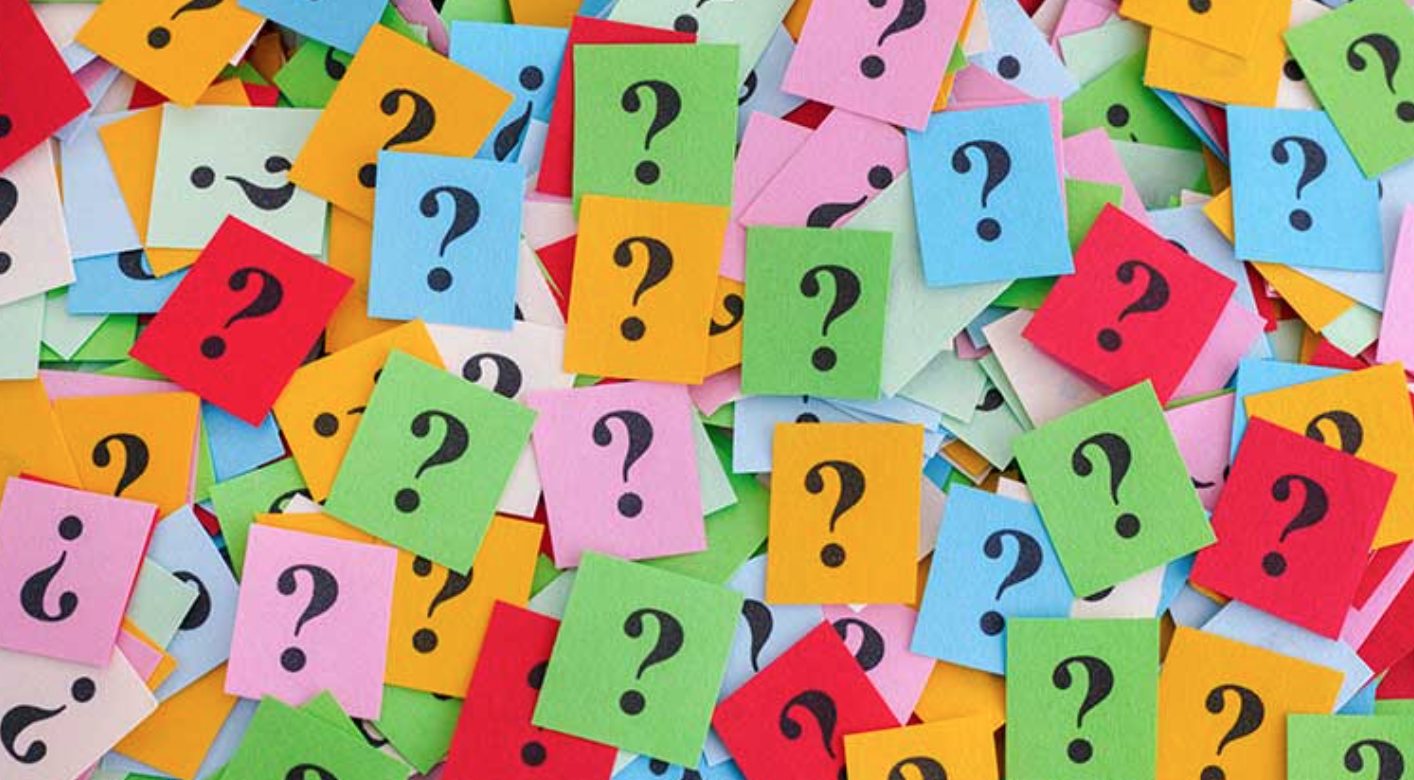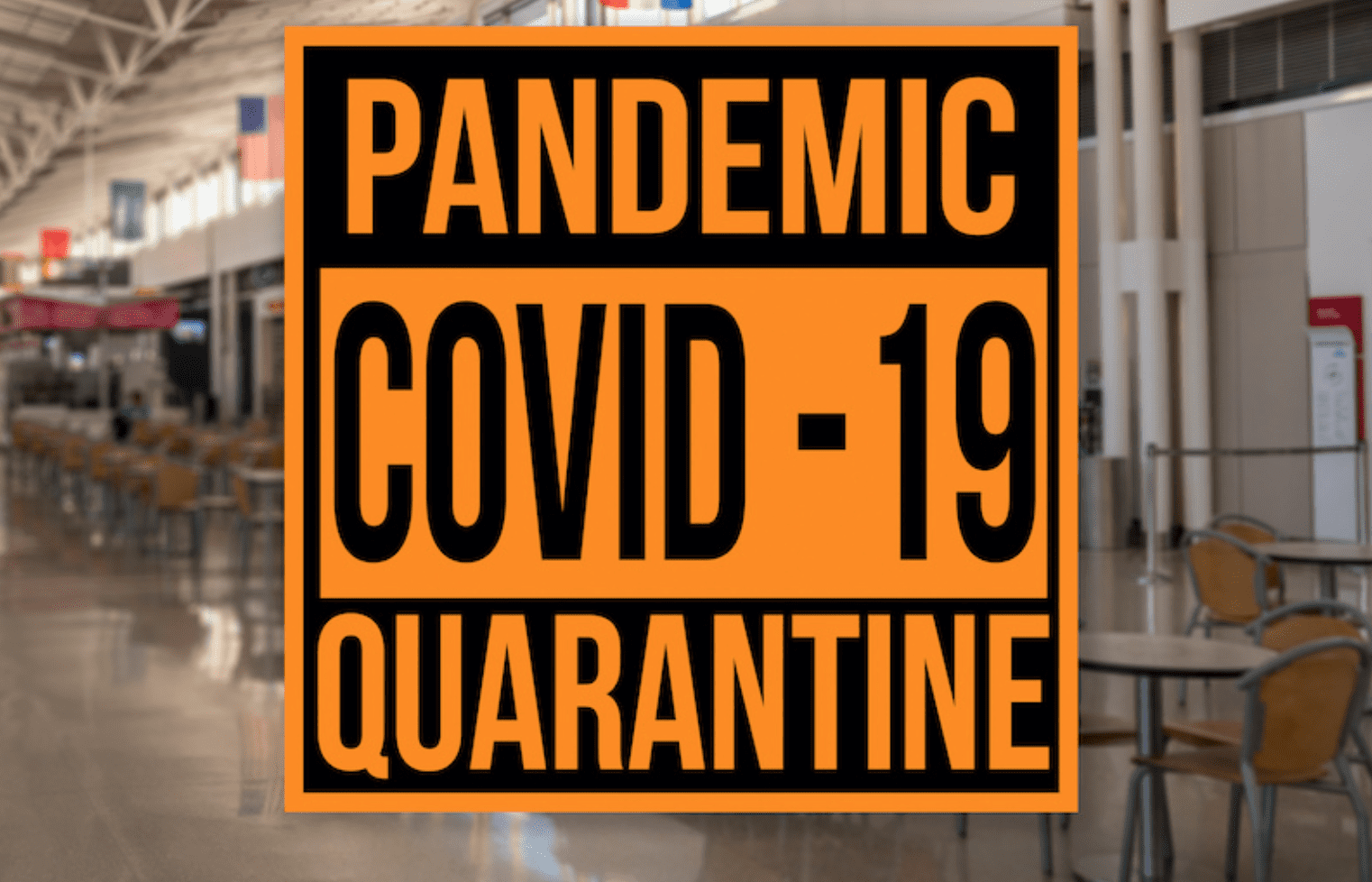No one has answers in these trying and unprecedented pandemic times.
But I do have endless questions.
Will a basic income be the legacy of this pandemic, like income tax was a legacy of World War I, 100 years ago?
How can the government support everyone when economic activity and tax income will dry up? How can the government support everyone if they're also deferring tax collection?
How can EI cope with Depression-level unemployment?
What can be done to bring Canadians home who are adoptive parents, whose new child does not yet have Canadian citizenship?
What will be done to support food banks?
What happens to non-urgent but time-sensitive medical treatments, such as fertility?
Will the equivalent of war measures be enacted, to have industry conscripted to make ventilators?
Will grocery stores be nationalized? Will the armed forces be required to come in to run supply chains?
How long can people cope with this kind of isolation, this kind of economic disruption?
How long can municipalities afford to defer property taxes or offer free transit or pay employees whilst shuttering revenue-generating facilities?
How long can the province?
How long can the federal government?
Why is it that mortgage payments are deferrable but we do not yet have answers for renters?
Will we need to re-think incarceration? It will be a nightmare if and when the virus gets into the prison system.
Will there need to be "field hospitals" set up? Will our hospitals be able to cope with the influx of critical care patients?
Will non-acute patients be transferred into other facilities, such as retirement homes?
How will group homes for those with developmental issues cope?
How will food banks keep up with demand?
How will students continue to learn? How will parents cope with kids at home, especially those in smaller houses and apartments?
When will this be over?
When this is over, will it be like World War I, and emergency measures be kept in place? To paraphrase Rahm Emmanuel, will this crisis not go to waste in terms of keeping emergency supports in place?
When this is over, how will the economy come back to life?
When this is over, will it be over for good or will we go into cycles of isolation in the fall and winter?
Will there be a vaccine, will it be rushed out the door?
Will free transit implemented in this crisis continue after the crisis ends?
When this is over, where will students stand? What grade? How far behind will they be?
Will student debt be forgiven?
Will politics stay in this cooperative way we have largely seen? Doubtful.
Will the Conservatives postpone their leadership race?
Can political parties even survive the likely drop off in donations during the crisis?
Can charities and faith organizations survive the likely drop off in donations during the crisis?
Will there be an inundation of bankruptcies?
What will happen to older laid off workers? Will they not be most vulnerable as they will be harder pressed to get new jobs than younger workers?
How will this impact the US election? Will there be vote by mail options?
In the extreme, could this be the crisis that lets Trump break the guardrails and go full autocrat?
How will we learn lessons from this crisis for next time?
Will there be an environmental benefit to quarantining and suspending our economy?
What will the environmental benefits be, if there are any?
Will there be long-lasting societal changes?
I've always heard habits explained as "she lived through the Depression" in terms of older generations repairing items, even being cheaper or less consumerist. What will be the habits we take out of this pandemic in the same way?
Will we go back to hugs and handshakes?
Will there be a baby boom?
Will we trust experts more? Will we act on climate change more?
What will we do if this last the rest of the year? How will we celebrate Easter, or Christmas?
Will I finally be able to grow a beard?
If anti-vaxxers protest the vaccine, will they be enough to compromise herd immunity?
Will the Olympics be postponed (they should)?
What sectors will revive quickly and which ones will take longer to recover, if at all?
Will this change the way we travel the way 9/11 did?
Will we get answers to any of these questions in advance?
Photo Credit: Call Centre Helper








